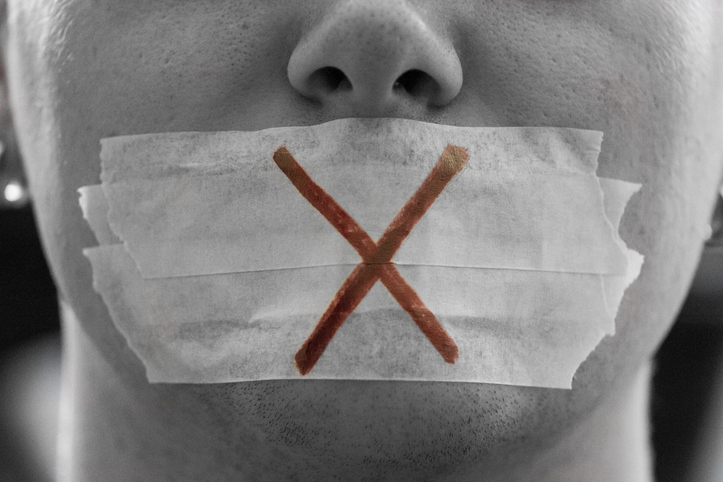Students today are subject to a kind of ideological bullying and intellectual restriction that would have been unimaginable 30 years ago.
So says Robin Koerner, academic dean of the John Locke Institute, an independent educational institution with a focus on the humanities and helping students develop critical thinking skills along with a sense of intellectual humility.
In a telephone interview with The College Fix, Koerner (pictured) described how, in his role as the institute’s academic dean, he interviews roughly 400 to 700 high school students from around the globe each year for its summer programs, held mostly in England and the U.S.
Generally, he said, the students are between 13 and 19, self-selected for intelligence and intellectual curiosity, and hoping to ultimately attend Oxbridge or the Ivies.
“A fundamental takeaway that I have from doing this,” he said, “is the telling of truth isn’t prioritized anymore.”
Having conducted nearly 2,000 interviews since taking on his deanship in 2019, Koerner said he has learned many students feel “there are certain things that are very dangerous to talk about.”
In the English-speaking West, noted Koerner, something is happening analogous to the kind of overt government control of information he sometimes hears about from Chinese students speaking to him over a VPN, but on a more cultural level.
The meaning of words are changed. Some ideas are promoted while access to others is restricted. People are forced to “pay a price” experientially and emotionally for “getting out of the right lane,” he said.
Consequently, Koerner said, many now either refrain from discussing certain topics at all or consciously espouse opinions they do not hold.
As part of the interview process for the John Locke Institute’s summer programs, Koerner said he regularly asks students questions targeting their beliefs and opinions, exploring why they believe what they believe and pressing them on the opinions they hold but feel too scared to share in their regular classrooms.
“The one that comes up the most … the topic on which they cannot share their honest views with their peers while at school, is gender ideology,” Koerner said.
In some of his interviews, said Koerner, he asks students directly about telling the truth.
“I get them to think about the consequences, direct or indirect, of not telling the truth,” he said, whether by omission or going along with something they do not believe, such as elements of gender ideology that hold sex is self-determined or one should respect another person’s pronoun choices when they believe them to be inaccurate.
“A lot of students are honest about their dishonesty, which is interesting,” Koerner noted.
“A lot of students,” he said, “will say, ‘You know, yeah…I don’t think this is right. It doesn’t reflect my belief. But, in the right situation, I’m going to go along with it anyway, because…it’s just not worth the consequences [of challenging it].’”
In an essay published by the Brownstone Institute, Koerner wrote of how sometimes in these interviews a “minute or two’s back-and-forward would then proceed on the possibility of a causal link between exposing children to the idea that males can be women and females can be men (on the one hand) and medical interventions with lifelong detrimental consequences after minimal clinical psychological assessment (on the other).”
Some of the students he interviews will acknowledge these kinds of larger costs but will say they will continue to go along with what they view as the more acceptable stance anyway, saying, “‘I want a job. I want to have a life. I want to have friends.’”
The role of social media in the lives of students and in the larger culture is one likely reason for this unfortunate educational landscape, he told The Fix.
“Social media, as some students will tell me,” said Koerner, “is where their lives are lived. So, [they] say ‘the wrong thing’…then they will often get piled on.”
“They’re worried about getting piled on in a space where there’s very little they can do about it, right, and in a space where things that are said can be used against them in the future,” Koerner added.
Moreover, Koerner noted, many schools have exacerbated these problems for young people. Students give examples of what their school does to make it very clear that “certain things are important and acceptable and certain views are unacceptable,” he said.
“Certain things come with the approval stamp and some don’t,” Koerner said.
“They’re not stupid,” he said. “Why fight back? They’ve got their exams to do. … There’s a lot of work to do. Things are more competitive than ever.”
“It’s going to be very competitive getting into those Ivy League schools, very competitive getting into Oxbridge. … They know what they’re going to do. They’re going to get on with it. And, you know, who could blame them. Right?”
Originally published by The College Fix. Republished with permission.
For more great content from School Reform News.
For more from The Heartland Institute.
